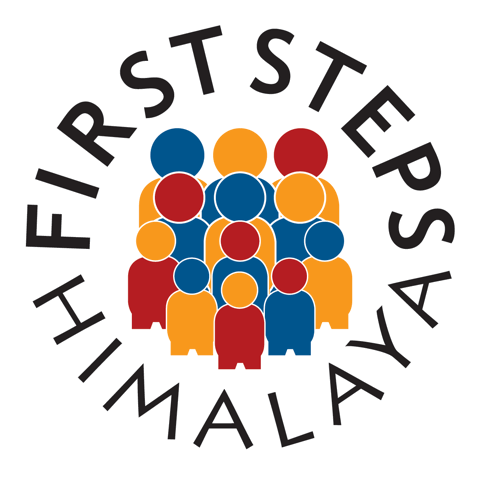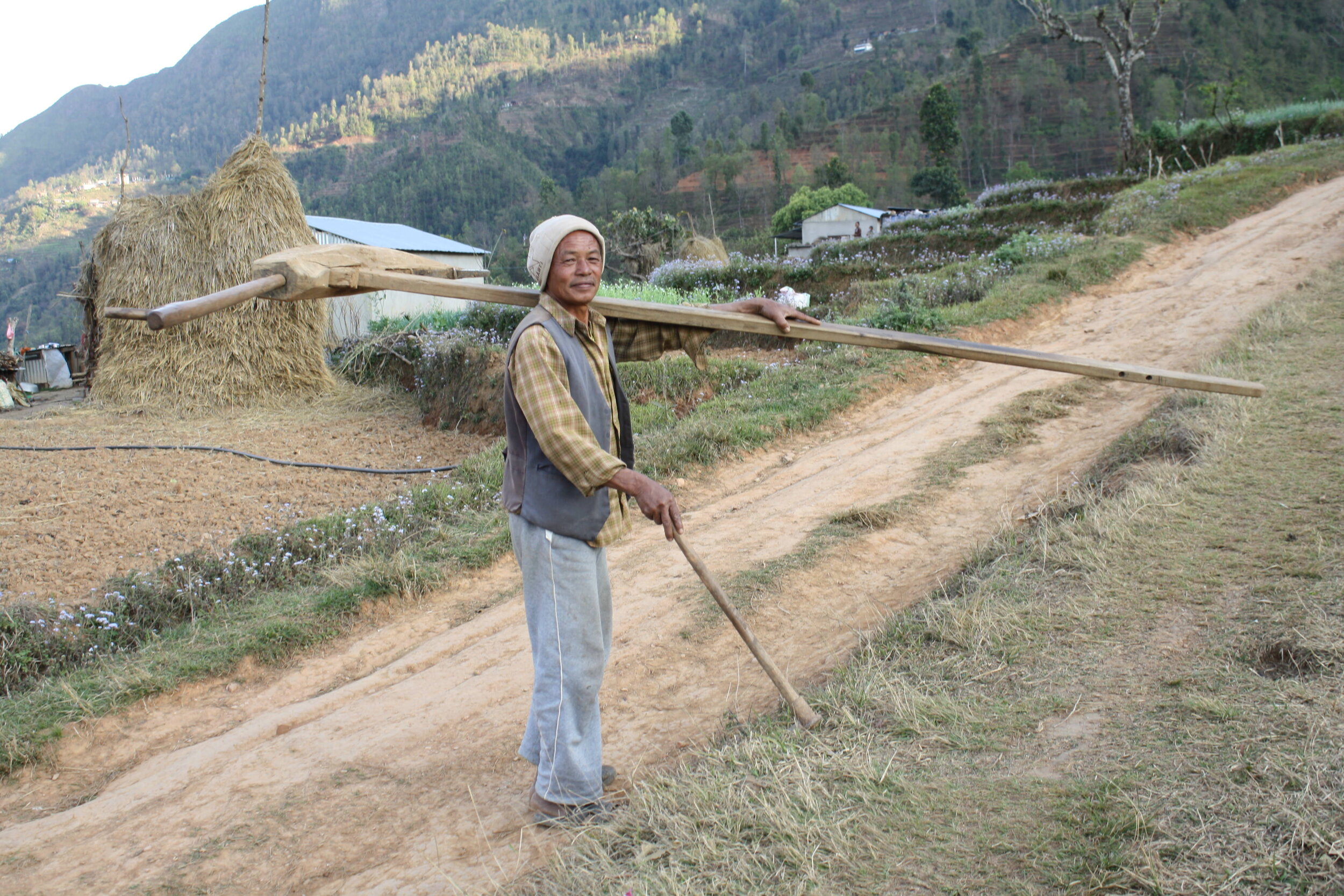As most of us face the unprecedented COVID-19 situation, we remain safe in our own homes, enjoying good food, exercise and contact with friends via the internet.
As we approach the five year anniversary of the first devastating Nepal earthquake, Nepali people once again face major adversity. Communities still struggling to recover from the earthquakes, now face severe food shortages, rapidly rising prices and the fear that their community health services would be completely over stretched when and not ‘if’ COVID-19 reaches these remote households.
With Nepal in lockdown for the last month, desperate internal migrants attempt to walk across the country returning to their villages. Last week, a young man died en route. Overseas migrant labourers face the prospect of being sent back to Nepal or remain hungry and terrified in the gulf. Even if they are able to return, Nepal is inadequately prepared to get them home to their villages or quarantine them appropriately.
Remittances from migrant labourers made up one third of Nepal’s GDP pre-COVID-19. The harsh reality is that many migrant workers were duped into positions far different to those that they were promised. An average of two Nepalis die each day overseas, mainly in Qatar, Saudia Arabia and Malaysia. People are now becoming aware of the hideous circumstances that so many Nepali have endured for years.
Visit Nepal Year 2020 has been cancelled and the million Nepali workers in Nepal’s tourist industry now have no source of income. It will take months or even years to rebuild Nepal’s tourism industry.
Nepal Director, Durga Aran said “ Nepali people need to return to farming their land, staying in their villages. They need to look at becoming more self sustainable and finding crops that are in demand whilst adopting environmentally friendly farming practices.”
Durga said ‘“ I am really worried about what will happen to young children in times of stress. There is likely to be a rise in alcohol consumption and domestic violence. Children will be stressed and fearful, requiring careful and nurturing support at school.”
The First Steps Himalaya COVID-19 Response Programme will assist vulnerable rural communities with awareness campaigns, health and hygiene advice and provide additional educational support for early years children. “Putting this programme together now is crucial for the well being of communities already living on the edge” said Fionna Heiton, Founding Director.









